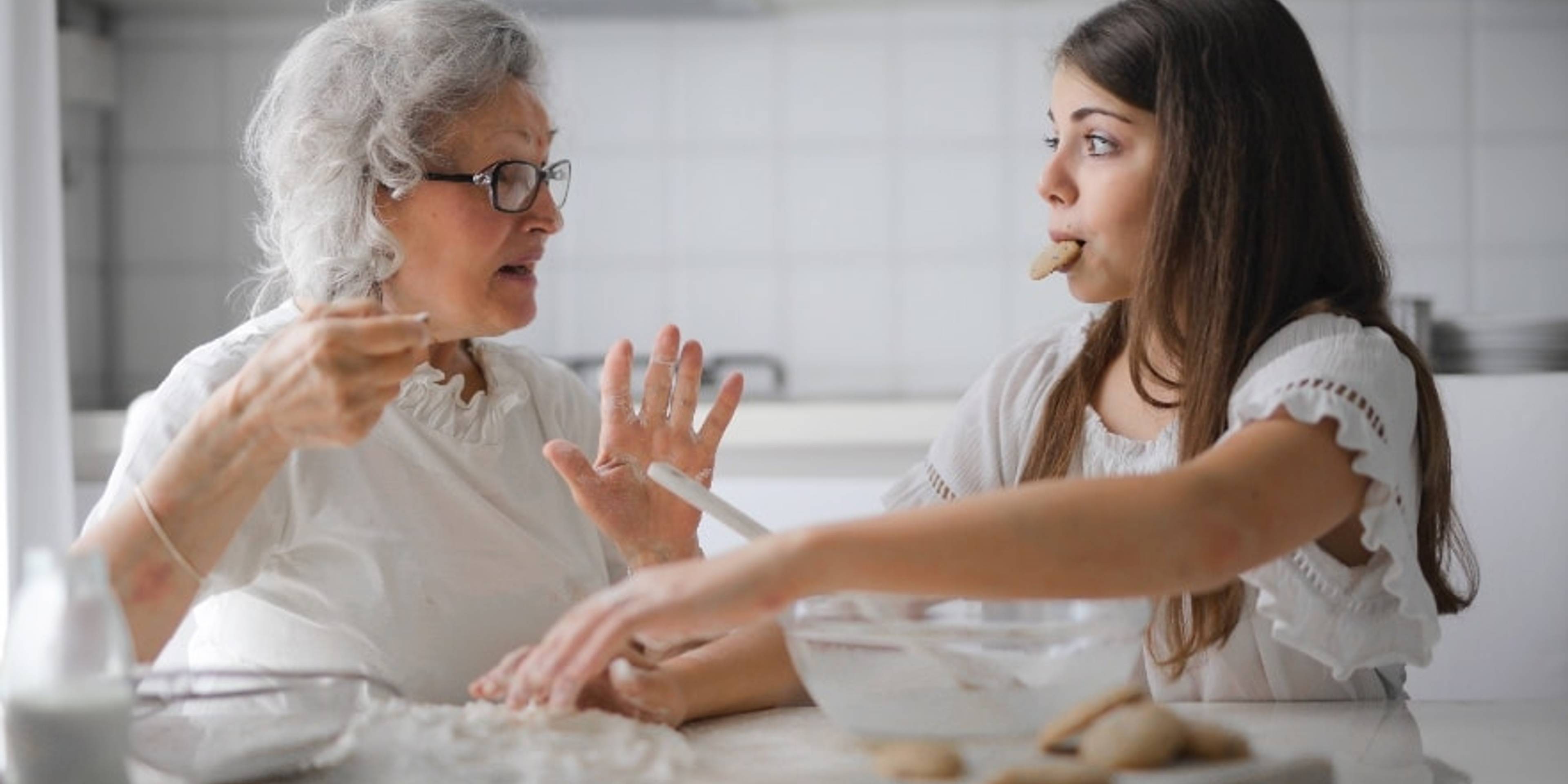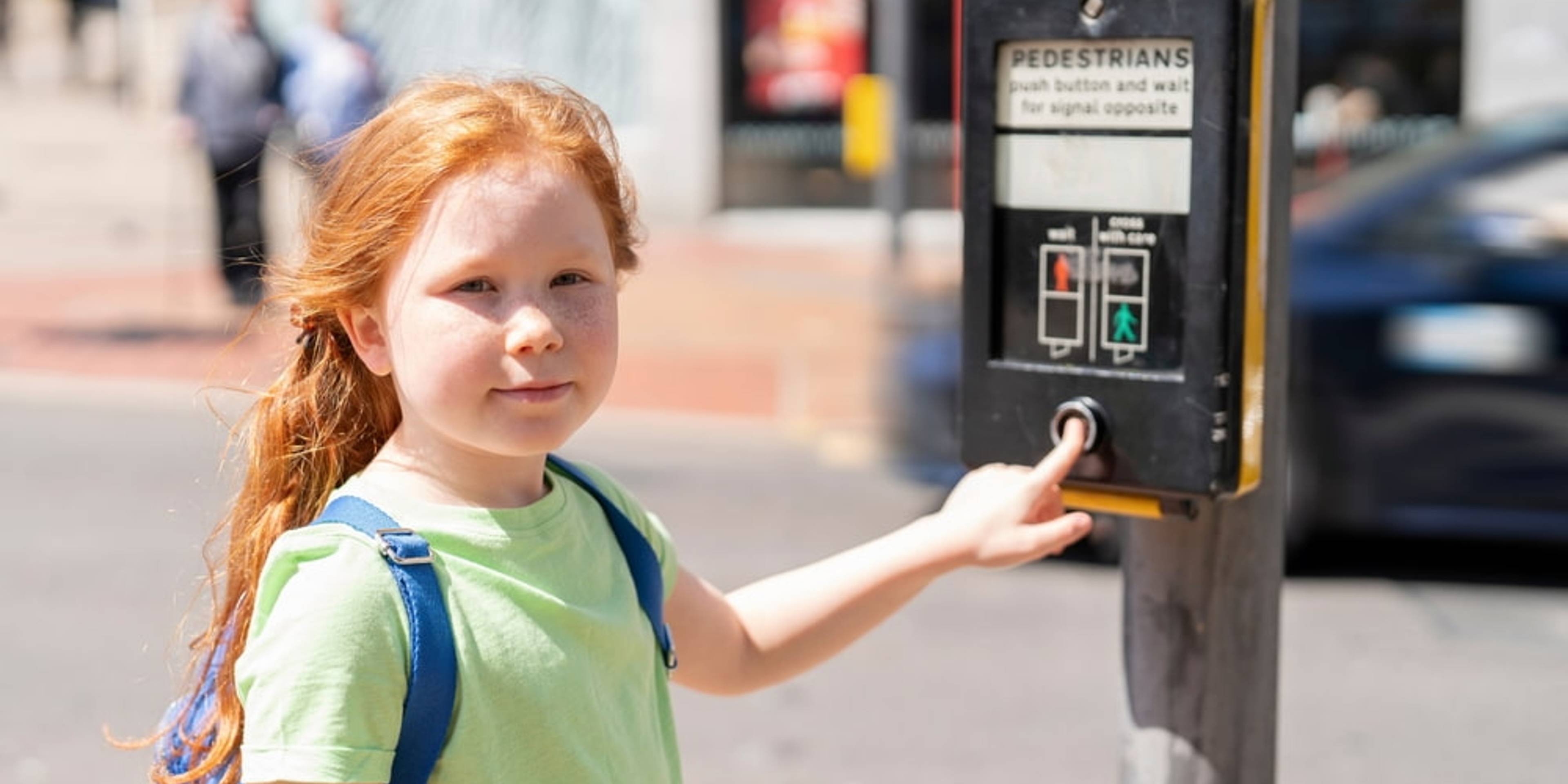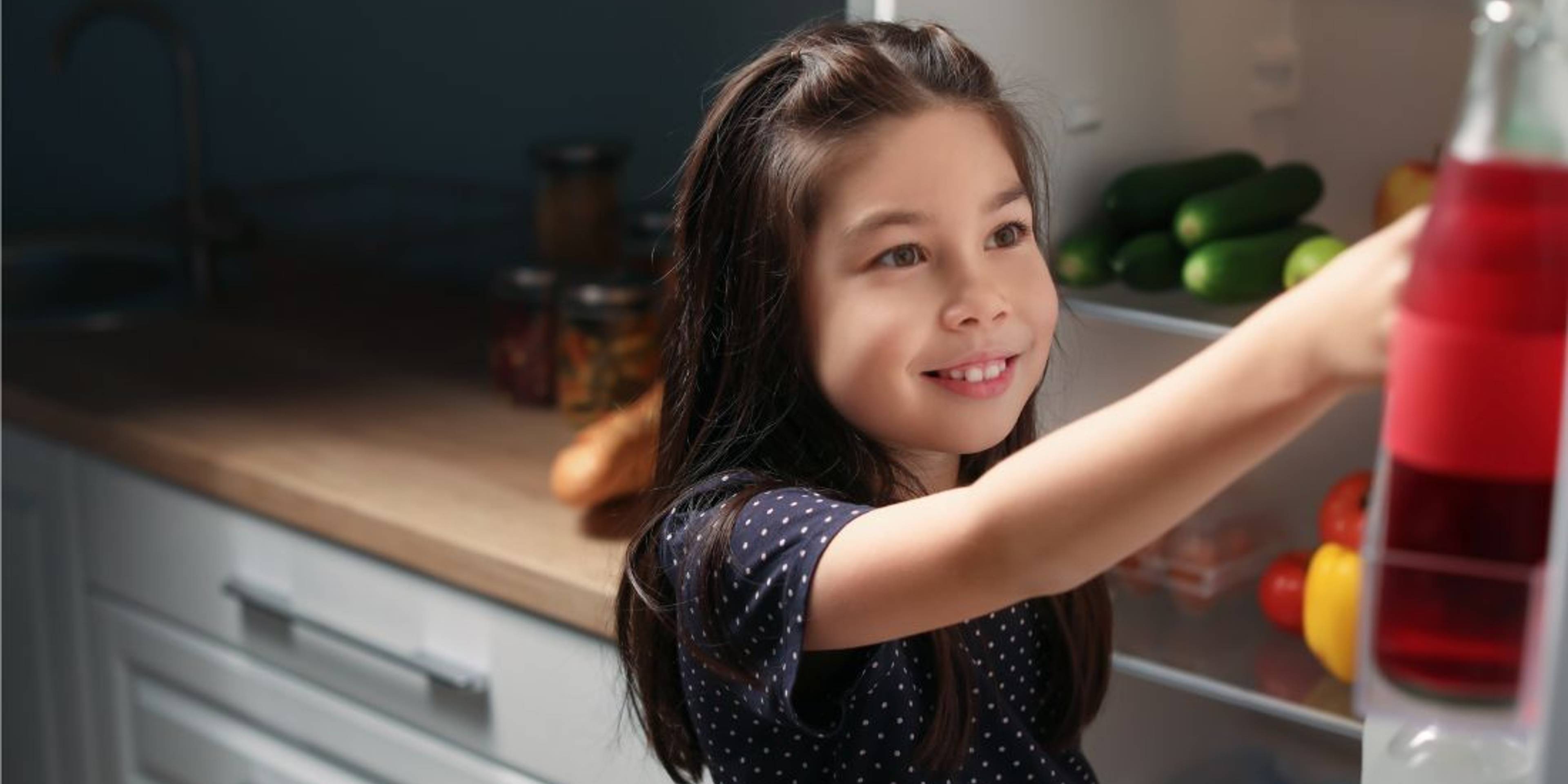
We parents take the time to read and research in our effort to raise resilient and kind kids, but then different messages are given by their grandparents. What can we do?
Every parent reading this will have experience of grandparents doing things ‘slightly differently’ when caring for their beloved grandchildren. Some parents don’t mind in the slightest when Grandpa or Grandma ignore instructions not to give the kids orange juice before bed, or if they allow them to stay up late to watch an extra programme on TV. For others, and it sounds like you are one of them, such resistance to your parental tips and style can be grating and could potentially even compromise the relationship you enjoy with your parents or in-laws.
Every parent reading this will have experience of grandparents doing things ‘slightly differently’ when caring for their beloved grandchildren. Some parents don’t mind in the slightest when Grandpa or Grandma ignore instructions not to give the kids orange juice before bed, or if they allow them to stay up late to watch an extra programme on TV. For others, and it sounds like you are one of them, such resistance to your parental tips and style can be grating and could potentially even compromise the relationship you enjoy with your parents or in-laws.
Grandparents have decades of experience parenting, whilst we are still learning and adapting. They feel empowered and confident that they know exactly what they are doing – they raised you after all! The trouble is, you know what is best for your child and need to convey that without irking them.
I think that there is a big difference between the rules around child rearing when they visit your home as opposed to when you go to theirs.
In your home, you have rules that you follow. You can insist slightly more strongly that your parents do too. When visiting their home, however, things can be trickier. They are on ‘home turf’ and, as such, it will be harder for them to implement rules that they don’t agree with or feel much like adhering to. Many grandparents quite simply want to enjoy their grandchildren and won’t be held back by instructions.
With younger children, the temptation is strong for grandparents to indulge, cuddle, cajole with treats and keep them up for longer! If they don’t see them very often, they may want to maximise their time with them. As you might expect, implementing rules is much easier when children visit their grandparents regularly. There might be room for a new set of rules at their place that are negotiated together.
The line between understandable and unreasonable is likely to be crossed on the ‘big stuff’. This might be giving your child items that, for good reason, are strictly forbidden at home, allowing them access to material that is age-inappropriate or ignoring set bedtimes which you have laboured to get right. One strategy you might implement here is to explain to your parents just how hard you have worked to get your child finally going to bed (and staying there) at the right time and that you want them to help you sustain it. Can they rise to the challenge?
One of the key factors in grandparental compliance is who does the asking. For reasons unknown, they may be more amenable to the requests of the person they aren’t related to. If applicable, perhaps your partner could lead the negotiations around rules, instead of you?
To ward off grandparents sitting kids in front of the TV all evening, ensure that you supply (literally) a range of activities that you know your children love to do. Even better, you could keep a selection of toys at Grandpa’s that they only get to play when they visit. In this way, you know they will be playing with toys and games that you approve of and it means they won’t be reaching for the iPad when Granny and Grandpa are catching up on the news.
Lastly, a key ally here are your children themselves. They have the power to tell their grandparents that they aren’t allowed to do certain things. Perhaps they can also help to nudge grandparents into the routine that you prefer? Ahead of a visit, perhaps your children can make a little timetable of when they like to do things and when bath and bedtime is. Even if your parents don’t want to take advice from you, they might struggle to resist those little faces!
Any grandparents reading this might argue that staying up late one night or having too many teacakes at the wrong time of day never hurt anyone, and they make a good point. Resilience is borne of diverse experiences, so try to remember that grandparents doing things slightly differently can be a good thing for your children. It can give them new perspectives about people and the world around them and is likely to have the added effect of enriching their bond. Studies have found a strong relationship between grandparents and grandchildren improves children’s wellbeing and that children with a high level of grandparental involvement have fewer behavioural or emotional problems. Anything that compromises this, or which threatens to fracture the precious bond between you and your own parents, may just not be worth the risk.
More Parenting Questions

Jun 23, 2025
There was an attempted abduction locally. How can I support my child?
It might not feel like it right now, but it’s worth knowing that stranger abductions of children are extremely rare. In the UK, there are around 500–600 reports of child abduction each year, but the vast majority are attempted rather than successful, and many are later reclassified as misunderstandings, rather than genuine abductions.

Jun 17, 2025
My daughter (aged 10) has broken up with a friend. How can I help her?
It is the hardest experience as a parent, watching our children muddle their way through friendships, knock backs, being included then excluded, invited to parties and then kept at bay. We have all been there and it can feel emotionally painful and sad.

Mar 20, 2025
Help! My five year old is wetting the bed at night. What can I do?
You're not alone! Nocturnal enuresis, or bedwetting, is common in young children. We've asked paediatrician, Dr Christine Riyad, for advice.

Mar 17, 2025
My 10 year old is experiencing big emotions. Do you have any advice?
We've asked Dr Sophie Nesbitt, Consultant Child Psychologist, for her top tips.

Feb 12, 2025
Is it ok for my four year old to still use a dummy?
It's completely natural to feel concerned when your child continues using a pacifier or sucking their thumb beyond the toddler years. We've asked paediatrician, Dr Christine Riyad, for advice.

Dec 31, 2024
My son wants to buy his girlfriend an 18th birthday present. Help!
Give yourself a pat on the back as your teen is asking YOU for advice. It is a sign that there is good communication between you, and that he sees you as a source of knowledge! I think his question is a wonderful one. Why? Because it shows he values the relationship, recognises the importance of a milestone birthday and knows that gift-buying is not a simple activity.

Dec 18, 2024
What do we need to consider when thinking about hiring a tutor?
Private tutoring can be a great way to support your child's education, but finding the right person can also feel overwhelming. The tutoring industry is largely unregulated in the UK and so it can be challenging to know where to start or what to look for.

Oct 22, 2024
My 11 year old daughter is always hungry. Should I be concerned?
This is a common concern for many parents. Engaged and attentive parents are generally mindful of their child’s relationship with food. This is not surprising given the shameful narrative surrounding the idea of being overweight or obese, and the association that is often made that this is linked to neglectful parenting.

Jun 03, 2024
How can I best support my son with changes to his class next year?
Firstly, it is normal to worry about changes that lie ahead for our children and to worry about their ability to cope. You aren’t alone. The start of a new academic year is always full of changes to school life. New classrooms perhaps? Timetables? Teachers, pupils, curricula, canteen menus? You sound like you are holding a lot of anticipatory anxiety about the changes that are forthcoming. These changes have likely been explained to you by the school, and perhaps you still feel fearful?

Apr 22, 2024
How can I support my teen through a break up?
Early teen romances can certainly feel exciting and exhilarating but most are also short-lived, and supporting our children through them is something we will likely have to do several times over the years to come. Here are some tips to help you to support your daughter.